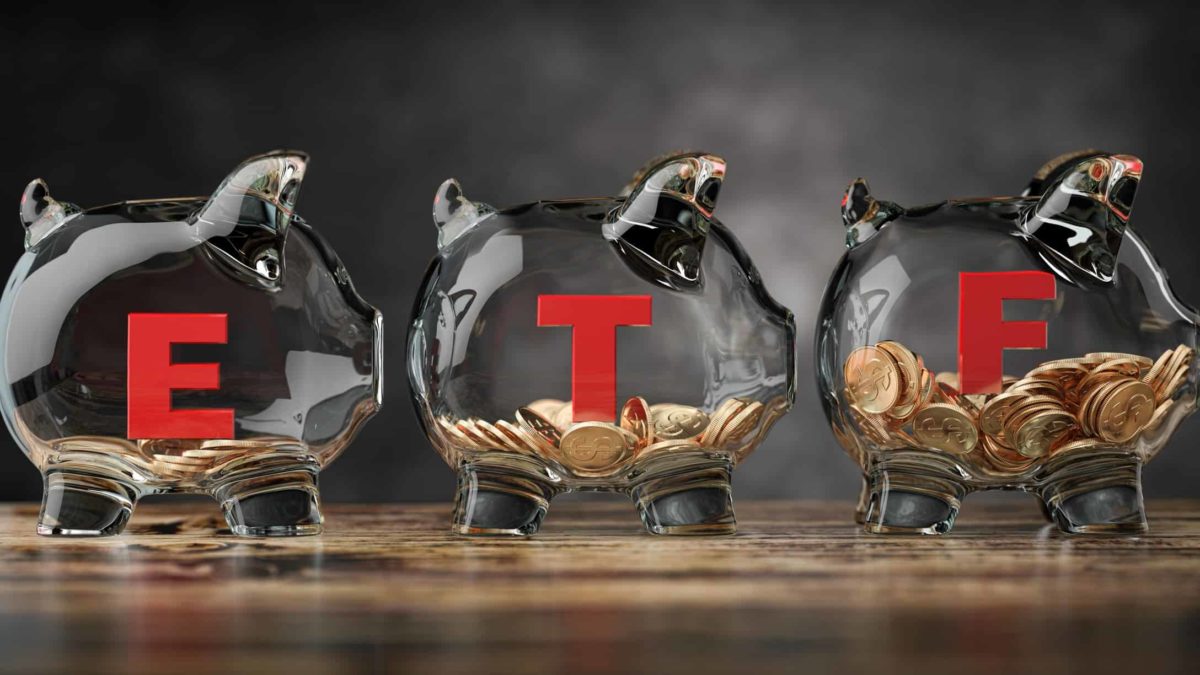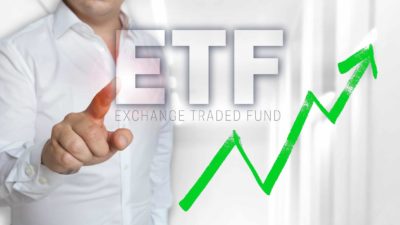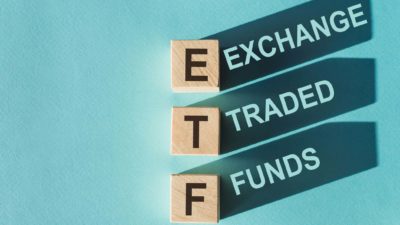Whenever an ASX share or exchange-traded fund (ETF) has a particularly nasty year, I always view it as an opportunity for a closer look.
After all, although many shares and ETFs get whacked for good reason, others can get caught up in a whirlwind of undeserved negative sentiment. This can prove to be a compelling buying opportunity if the investment's underlying quality remains sound.
Last week, we took a glance at some of the worst ASX 200 shares of 2023. But today, let's check out the worst-performing ASX ETFs of 2023, and discuss whether they might be worth another look in early 2024. We'll only be using unit price performance here, so these returns are not inclusive of any dividend distributions received.
The worst ASX ETFs of 2023 revealed
Here are the three worst ETFs to have had money in over 2023:
- The VanEck Global Clean Energy ETF (ASX: CLNE). This ETF started 2023 at $8.86 a unit but closed the year at just $7.59. That's a drop of 14.33%.
- The Global X Hydrogen ETF (ASX: HGEN). Global X Hydrogen ETF units also had a 2023 to forget. This ETF was going for $6.88 at the beginning of January 2022 but closed up last month at $5.49. That's a slide worth 20.2%
- The BetaShares U.S. Equities Strong Bear Hedge Fund – Currency Hedged (ASX: BBUS). BBUS units began the year at $10.82 but finished up at $6.86 for a loss of 36.6%.
Are these ETFs worth a bargain-bin buy?
No one loves a share market bargain more than I do. However, I won't be touching any of these ETFs now, or in the foreseeable future.
Why so negative? Well, it's the nature of these products that I find offputting. ASX ETFs are great, and I own many of them myself. However, I believe that the best ETFs are either broad-market index funds or else funds that pursue a proven and successful investing strategy. None of the listed funds above fall in either of these categories.
The VanEck Global Clean Energy ETF and the Global X Hydrogen ETF are thematic funds. They invest in a range of companies that all operate in a very specific niche. In CLNE's case, that would be renewable energy, and in HGEN's, hydrogen technologies.
Those are both commendable, future-facing industries that are right now in the infancy of their potential. Saying that, I don't believe that investing in a basket of companies that all operate within them at this time of global upheaval in the energy space is a good idea.
One or more of the holdings of CLNE and HGEN are probably going to have a prosperous future. But that will probably come alongside many of them failing to get off the ground.
As such, I don't think either fund is worthy of a significant investment.
What about an inverse ETF?
Even less so when it comes to the Betashares U.S. Equities Strong Bear Hedge Fund. This is an inverse, leveraged fund that is designed to rise in value when the US markets experience a fall. The reason why BBUS had such a poor year is that the US markets had a great one.
Betting against the long-term returns of the American share market is, in my view, an inherently awful idea. Especially when there's leverage involved. It's a bet against Apple, Microsoft, Alphabet and Amazon. Not to mention Coca-Cola, Berkshire Hathaway, McDonald's, Nike and hundreds of other quality companies that have generated huge returns for decades. Sound like a good long-term investment? I didn't think so either.
So I'll be staying away from the ASX ETF bargain bin this year with no regrets.









